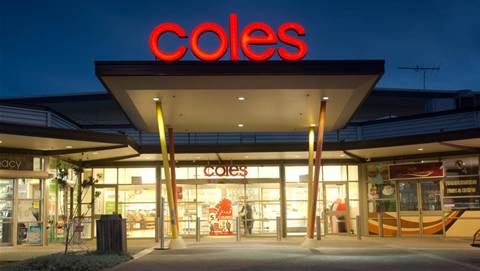Serial tech founder Bevan Slattery has cemented his reputation for holding out for a firm price after exclusive buy out talks between internet infrastructure provider Superloop and suitor Queensland Insurance Corporation Private Capital (QIC) fizzed past a timeout deadline.

Superloop on Thursday told the ASX that its speedy exclusive dating arrangement with QIC had come to an end after the fund threw a $1.95 per share unsolicited offer on the table to pick up the company, a price that marginally bettered its previous overture of $1.90.
“The board in discussions with QIC have been unable to agree to a transaction and on that basis, the parties have agreed to discontinue the period of exclusivity,” Superloop’s statement to the ASX said.
The move leaves Superloop’s door open to consider better offers, assuming there are some, and has put a price on the table for prospective buyers to get a proper look at the books.
That price will likely now need to be north of $500 million, a not implausible figure given the current appetite of fundies for solid digital infrastructure assets that are relatively well shielded from the sometimes volatile cyclical movements of services and property which has come off the boil badly.
And with just over a quarter of Superloop's equity in Slattery's name, the chances of a low-ball seduction now look scant.
What isn’t yet known is the level of interest within Superloop for coming off the ASX to lead a quieter life building the business.
Listed in 2015, the company was spun out of Slattery’s other interconnection venture Megaport. In March Superloop completed a $30 million equity raising to fund development plans.
Many in industry and investment circles expect horse trading across the local telco sector to pick-up in the event Labor wins Saturday’s federal election because of the opportunity to reset broader industry policy to a more realistic footing, especially around the NBN.
Originally a creation of the Rudd government, the highly-politicised network build has frustrated the infrastructure sector and wider industry because of the oscillation of strategies and technologies in the massive network build.


.jpg&h=140&w=231&c=1&s=0)
.png&h=140&w=231&c=1&s=0)
.jpg&h=140&w=231&c=1&s=0)

















